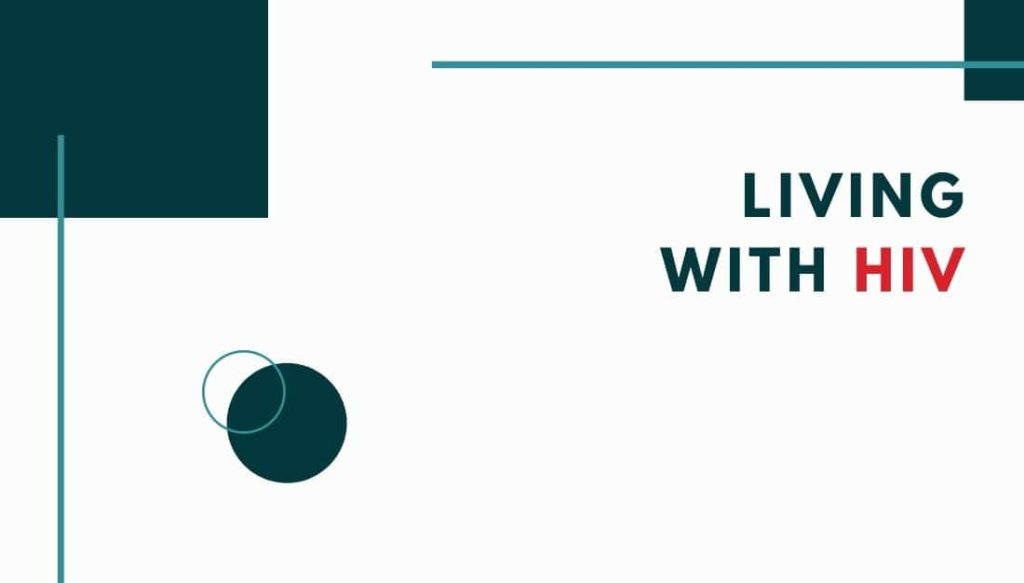If you have HIV, it’s important to make choices that keep you healthy and protect others. Having HIV doesn’t have to stop you living a healthy life in the way that you choose to do. With the right treatment and care, you can expect to live as long as someone who doesn’t have HIV. Find out how you can look after yourself and stay healthy.
List of contents
- What do I do if I find out I have HIV?
- What’s the Next Step After You’re Diagnosed with HIV?
- Getting and staying on HIV medicine is important.
- How do I talk with people about having HIV?
- Taking antiretroviral treatment for HIV
- How Can You Prevent Transmitting HIV to Others?
- Taking care of yourself when living with HIV
- How Do You Find an HIV Health Care Provider?
- Will having HIV affect my pregnancy?
- What do I need to know about dating with HIV?
What do I do if I find out I have HIV?
Finding out that you have HIV can be really upsetting. You might feel mad, embarrassed, scared, or ashamed at first. But you’ll probably feel better as time goes by having a good support system and getting counseling really helps.
There are medicines you can take to help you stay healthy, and lots of ways to avoid giving HIV to anyone you have sex with. The reality is, people with HIV can be in relationships, have sex, and live normal lives by taking a few precautions.
Although there’s no cure for HIV, there are medicines that help people with HIV live longer, healthier lives. HIV treatment called antiretroviral therapy (ART) lowers the amount of virus in your body (called your viral load).

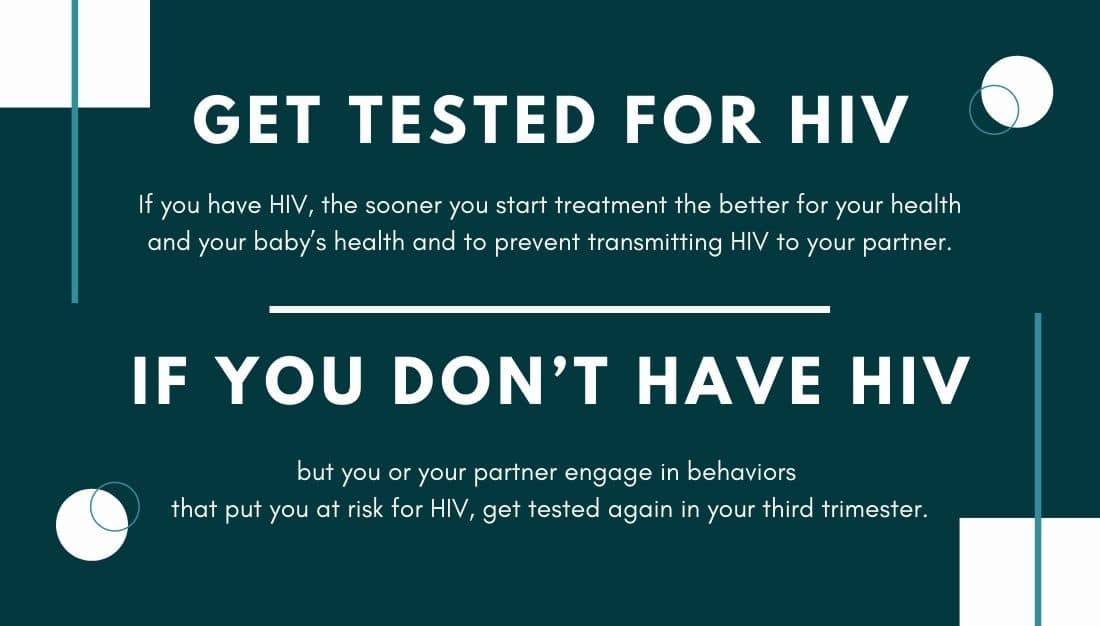
This does two things:
- Slows down the effects of HIV in your body, which keeps you healthy.
- Lowers or even stops your chances of giving HIV to sexual partners.
Some people on ART have such a small amount of virus in their body, they can’t transmit HIV to their sexual partners at all. Even if you’re feeling totally fine right now, see a doctor as soon as you can so you can talk about the best ways to stay healthy.
Taking care of your emotional health is important, too. It’s a good idea to see a counselor or therapist who’s trained to help people with HIV. There are a lot of online and in-person support groups that can give you a safe place to talk about your feelings with people who understand what you’re going through.
What’s the Next Step After You’re Diagnosed with HIV?
It’s very important that you tell anyone you’re having sex with that you have HIV. It’s not the easiest conversation, but it’s an important one.
After you are diagnosed with HIV, it’s important to see a health care provider who can help you start medicine to treat HIV (called antiretroviral therapy or ART) as soon as possible. ART is recommended for all people with HIV, regardless of how long they’ve had the virus or how healthy they are. HIV medicines help people with HIV live longer, healthier lives and reduce the risk of HIV transmission.
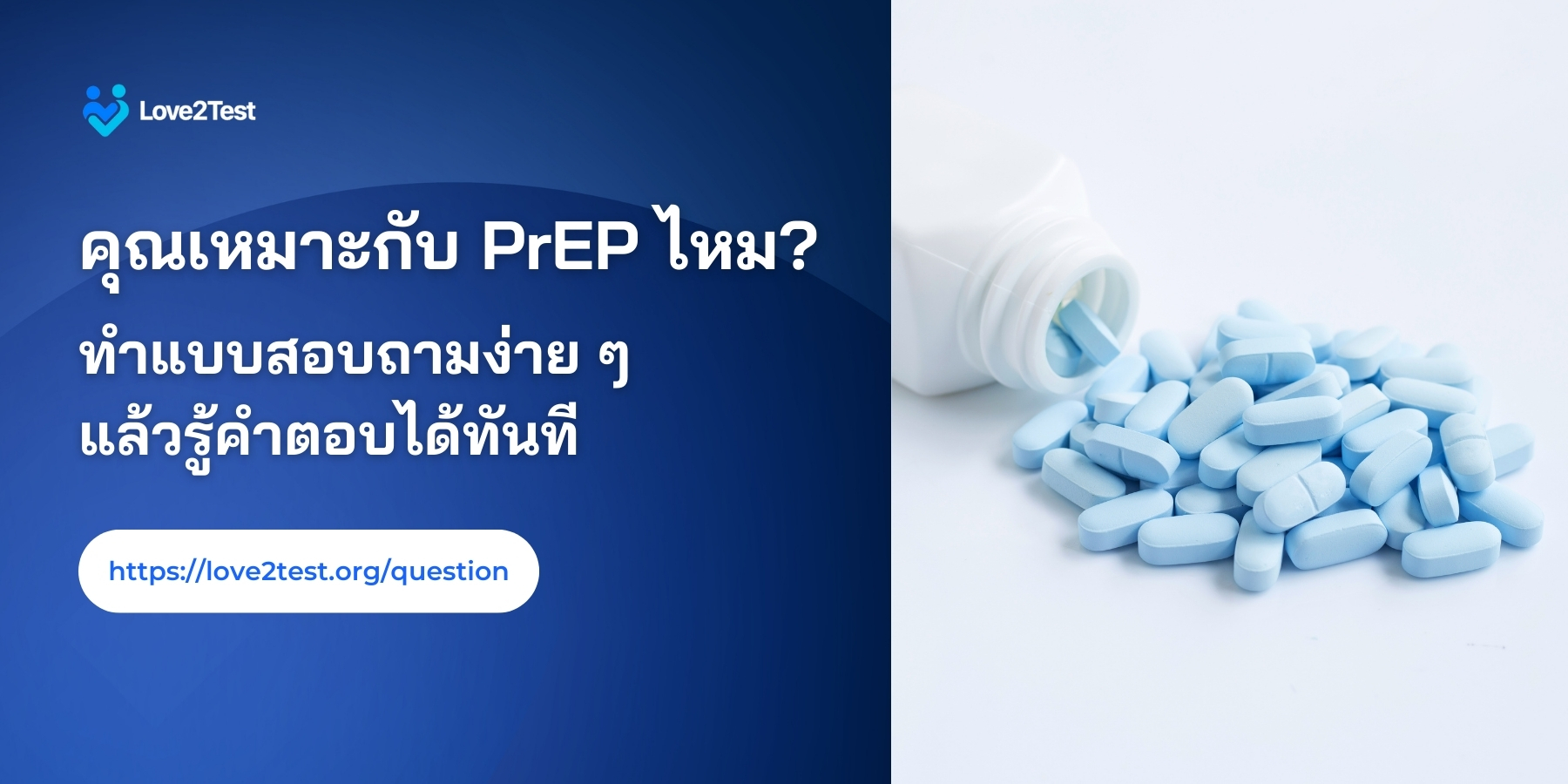
Getting and staying on HIV medicine is important.
because, when taken as prescribed, these daily medications can reduce the amount of HIV in your blood (also called the viral load) to a very low level. If your viral load is so low that it doesn’t show up in a standard lab test, this is called having an undetectable viral load. Getting and keeping an undetectable viral load is the best thing you can do to stay healthy.
There is also a major prevention benefit. People living with HIV who take HIV medicine daily as prescribed and get and keep an undetectable viral load have effectively no risk of sexually transmitting HIV to their HIV-negative partners.
How do I talk with people about Living with HIV ?
It might feel scary to admit that you have HIV, but talking about things can really ease your mind. You could lean on a close, non-judgmental friend or family member whom you trust to keep the conversation private. Counselors and support groups can also be sources of comfort and they can help you figure out how to talk with others about your HIV. Be careful about who you tell your status to people with HIV sometimes deal with unfair discrimination.
There’s no one right way to talk to your partners about having HIV, but here are some basic tips that might help:
SUGGESTION DETAILS
Try to stay calm and remember
-
- that you’re not the only one dealing with this. Millions of people have HIV, and plenty of them are in relationships. Try to go into the conversation with a calm, positive attitude. Having HIV is a health issue, and it doesn’t mean anything about you as a person.
Think about timing
-
- Pick a time when you won’t be distracted or interrupted, and a place that’s private and relaxed. If you’re nervous, you can talk it through with a friend who knows your status or a counselor first, or practice by talking to yourself. It may sound strange, but practicing saying the words out loud can help you figure out what you want to say and feel more confident when you talk to your partner.
Safety first
-
- If you’re afraid that your partner might hurt you, you’re probably better off with an e-mail, text, or phone call.
Try not to play the blame game when you talk to your partner.
-
- If one of you tests positive during the relationship, it doesn’t automatically mean that somebody cheated. It takes a few months for HIV to show up on a test, and most people don’t have any symptoms for years. So lots of people have HIV for a long time without knowing it, and it can be hard to tell when and where someone got the virus. The most important thing is that you both get tested. If it turns out only one of you has HIV, talk about how you can keep the other one safe from HIV.
It’s really important to also tell your past partners
-
- that you have HIV, so they can get tested, too. A lot of health departments have programs that let your partners know they were exposed to HIV without giving them your name unless you want them to.
Do You Have to Tell Others Your HIV Status?
- For many people who have just learned of their HIV diagnosis, whether and how to tell others about it is a concern. You don’t have to tell everyone that you are living with HIV. Whether and how you disclose your status to others is your decision.
- Talking to someone you trust about your HIV diagnosis can help you process your thoughts and emotions. Sharing the news of your diagnosis (also called disclosure) with your partner, a close friend, or family member and talking about your feelings can be helpful, and your friends and family may be a good source of support.
- It’s important to share your status with your current and past sexual partners and anyone with whom you have shared drug injection equipment. This way, they can be tested and seek medical attention if needed.
Taking antiretroviral treatment for HIV
If you’ve been diagnosed with HIV then starting treatment as soon as possible is the first step to taking care of yourself and keeping your immune system strong. Although antiretroviral treatment is not a cure for HIV, it does keep the virus under control.
Like a lot of medication, you may experience some side effects in the first few months. If they persist and are affecting your quality of life, you should be able to switch to a different drug regimen.
Once you start treatment
the key to staying well is to make sure that you take it regularly as prescribed – which usually means every day at the same time. Skipping doses, or taking it at different times each day, will stop it from protecting your immune system.
How Can You Prevent Transmitting HIV to Others?
Preventing the sexual transmission of HIV
If you are Living with HIV Take HIV medicine.
- The most important thing you can do is to get into HIV medical care and take medicine to treat HIV infection (called antiretroviral therapy, or ART) every day, exactly as prescribed. Taking HIV medicine daily as prescribed can make the amount of HIV in your blood (your viral load) very low—so low that a standard lab test can’t detect it.
- This is called having an undetectable viral load. Getting and keeping an undetectable viral load is the best thing you can do to stay healthy. If your viral load stays undetectable, you have effectively no risk of transmitting HIV to an HIV-negative partner through sex. That’s why people say “Undetectable=Untransmittable.” Learn more about HIV treatment as prevention.
If you’re taking HIV medicine.
- follow your health care provider’s advice. Visit your health care provider regularly and always take your HIV medicine as prescribed.
Talk to your HIV-negative partners about PrEP.
- Pre-exposure prophylaxis (PrEP) is daily medicine that can reduce an HIV-negative person’s chance of getting HIV (see more about PrEP, above). Taken every day, PrEP can stop HIV from taking hold and spreading throughout the person’s body.
Talk to your HIV-negative partners about post-exposure prophylaxis (PEP)
- if they think they’ve recently had a possible exposure to HIV (for example, if they had anal or vaginal sex without a condom or if the condom broke during sex). Your partner should talk to a health care provider right away (within 72 hours) after a possible exposure. Starting PEP immediately and taking it daily for 28 days will reduce their chance of getting HIV.
Use condoms.
- Condoms are highly effective in preventing HIV and other STDs, like gonorrhea and chlamydia. Learn the right way to use an external condom (sometimes called a male condom) and an internal condom (sometimes called a female condom).
Choose less risky sexual behaviors.
- Anal sex is the highest-risk sexual activity for HIV transmission. If your partner is HIV-negative, it’s less risky if they’re the insertive partner (top) and you’re the receptive partner (bottom) during anal sex. There is little to no risk of getting or transmitting HIV from oral sex. Sexual activities that don’t involve contact with body fluids (semen, vaginal fluid, or blood) carry no risk of HIV transmission.
Get tested and treated for other STDs.
- and encourage your partners to do the same. If you are sexually active, get tested for STDs at least once a year. STDs can have long-term health consequences and can also increase your risk of transmitting HIV. Find an STD testing site. Also, encourage your partners who are HIV-negative to get tested for HIV. Use HIV.gov’s HIV Testing Sites & Care Services Locator to find a testing site nearby.
Reducing the risk of mother-to-child transmission of HIV
Get Tested for HIV As Soon As Possible to Know Your Status
- If you have HIV, the sooner you start treatment the better—for your health and your baby’s health and to prevent transmitting HIV to your partner.
- If you don’t have HIV, but you or your partner engage in behaviors that put you at risk for HIV, get tested again in your third trimester.
- You should also encourage your partner to get tested for HIV.
Take Medicine to Prevent HIV if You Do Not Have HIV But Are at Risk
- If you have a partner with HIV and you are considering getting pregnant, talk to your health care provider about PrEP (pre-exposure prophylaxis).
- PrEP may be an option to help protect you and your baby from getting HIV while you try to get pregnant, during pregnancy, or while breastfeeding.
- Find out if PrEP is right for you.
Take Medicine to Treat HIV
- If you have HIV and take HIV medicine as prescribed throughout pregnancy and childbirth, and give HIV medicine to your baby for 4 to 6 weeks after giving birth, your risk of transmitting HIV to your baby can be 1% or less.
- After delivery, you can prevent transmitting HIV to your baby by avoiding breastfeeding, since breast milk contains HIV.
- If your partner has HIV, encourage your partner to get and stay on treatment. This will help prevent your partner from transmitting HIV to you. People with HIV who take HIV medicine as prescribed and get and keep an undetectable viral load have effectively no risk of transmitting HIV to an HIV-negative partner through sex.
Preventing the transmission of HIV through injection drug use
If you are living with HIV, substance use can be harmful to your brain and body and affect your ability to stick to your HIV treatment regimen. Learn about the health effects of alcohol and other substance use and how to access substance abuse treatment programs if you need them.
Alcohol and drug use can be harmful to your health and get out of hand for some people.
Modest use of alcohol can help your heart health in some circumstances, but it can also lead to long-term effects that are harmful and reduce your ability to fight off HIV. Different drugs have different effects on the body, and they can affect your judgement, mental health, and physical health differently. The use of illegal drugs presents multiple risks to the health of people living with HIV including harmful effects on the body and the risks associated with injection drug use, and risks associated with sexual transmission of HIV.
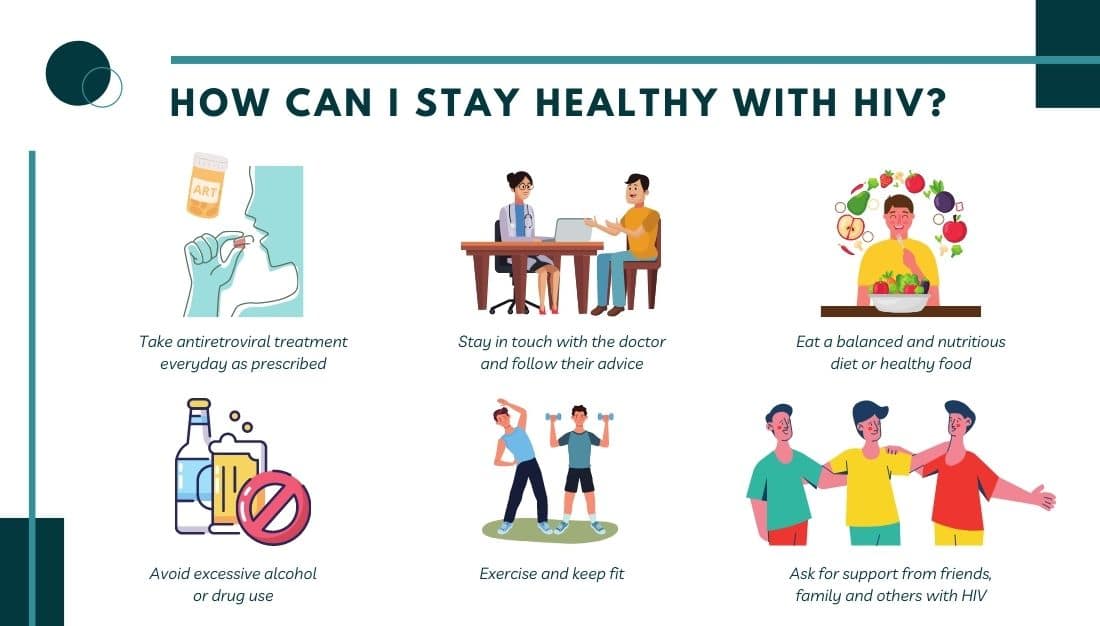
TAKING CARE OF YOURSELF WHEN LIVING WITH HIV
- Eating healthily
Nutritional advice for people living with HIV is the same as for people with a negative status: eat a balanced diet, without too much processed fat, sugar or salt. This will also help your body to absorb the treatment and fight off everyday infections.
- Exercising regularly
Being active is a part of maintaining your health for everyone – it builds muscle, keeps your bones strong, your heart healthy and burns fat. Some people who are living with HIV lose muscle mass and strength – exercising regularly helps prevent this. Exercise also reduces feelings of stress and symptoms of depression.
- Avoid excessive alcohol or drug use
If you are living with HIV, there are specific risks associated with alcohol and recreational drug use that you should be aware of. Alcohol can damage the liver which the body uses to process anti-HIV drugs, so it is good to keep your alcohol consumption within the recommended limits. Heavy drinking and taking recreational drugs can also weaken your immune system, making it harder for your body to recover from infections.
- Managing stress and getting support
Looking after your mental wellbeing and emotional health is just as important as taking care of your body. Finding out you have HIV can be a shock, and it may take you some time to adjust. Talking to your friends and family, and other people living with HIV, can really help when things get difficult. You could look for a peer mentoring or buddying service in your area.
Once you adjust to living with HIV, it’s a good idea to think about what you want out of life. What are your goals? What’s important to you? Maybe you want to study, travel, have a family or change career? Don’t let HIV stop you, there’s no reason why it should.
How Do You Find an HIV Health Care Provider?
If you were tested at a health care provider’s office or a clinic, you can ask if they offer ongoing health care services for people with HIV, or if they can provide you a referral.
Will having HIV affect my pregnancy?
Babies can get infected with HIV during pregnancy, birth, or breastfeeding — that’s why it’s recommended that everyone get tested early in pregnancy. If you have HIV, antiretroviral medications greatly lower your chances of giving HIV to your baby. With treatment, less than 2 out of 100 babies born to women with HIV will be infected. Without treatment, about 25 out of 100 babies will be infected.
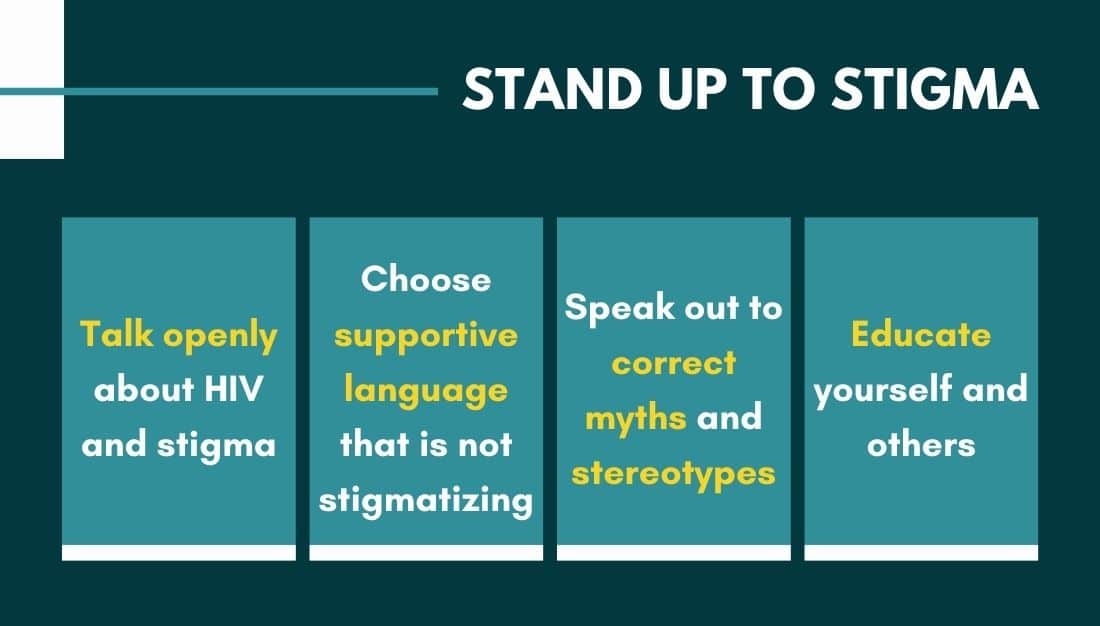
What do I need to know about dating with who Living with HIV ?
- Some people feel like their love lives are over when they find out they have HIV, but it’s just not true. People with HIV can have fulfilling romantic and sexual relationships. People living with HIV can have relationships with partners who don’t have HIV (called serodiscordant) or with partners that are also living with HIV (called seroconcordant).
- HIV treatment helps keep you healthy and helps you avoid passing HIV to someone else. If your partner does not have HIV, they can also take a medicine called PrEP. That can help protect them from getting HIV through sex.
- It’s important to tell your sexual partners about your HIV status. That way, you and your partners can make more informed decisions about safer sex, testing and treatment. That are right for the both of you.
- It’s normal to be worried about how your partner’s going to react. And there’s no way around it: some people might get freaked out. If that happens, try to stay calm and talk about your plan to stay healthy. How they can stay HIV negative. It might help to give your partner a little time and space to process. You could also suggest they talk with your HIV doctor about ways to protect themselves from HIV.
- If you tell someone you have HIV. They hurt you, shame you, or make you feel bad, it’s not ok. You deserve to be with someone who respects and cares about you. There are plenty of people out there who will.
References
Living with HIV
- plannedparenthood.org/learn/stds-hiv-safer-sex/hiv-aids/living-hiv
Living with HIV
- hiv.gov/hiv-basics/hiv-testing/just-diagnosed-whats-next/living-with-hiv
TAKING CARE OF YOURSELF WHEN LIVING WITH HIV
- avert.org/living-with-hiv/health-wellbeing/taking-care-of-yourself
